Global and Local Perspectives on a Just Energy Transition
Event description
Global and Local Perspectives on a Just Energy Transition
NOTE: Zoom registration REQUIRED!
Join Pratt Institute’s MS in Sustainable Environmental Systems program for an exciting Climate Week NYC 2024 panel on important energy justice topics. Panelists working on local and global energy issues will come together to discuss systemic and historic barriers in realizing a true Just Transition. This timely discussion will happen during the UN General Assembly, where key climate and energy transition issues will be at the center of next steps for the sustainable development goals.
Key themes of the conversation will include: decarbonization, the path to net zero, supply chains, incentives for transition, green economy, the SDGs, and community ownership.
Panelists:
Elena Crete
Head of Climate and Energy Program, United Nations - Sustainable Development Solutions Network (UN-SDSN)
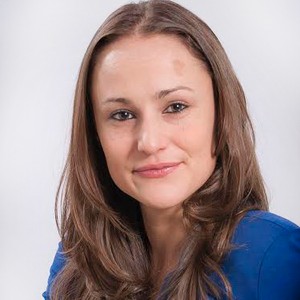
Elena Crete is the Head of the Climate & Energy Program where she oversees special initiatives related to bringing together academics, engineers, and researchers to support the Paris Agreement through the development of long-term decarbonization pathways such as America’s Zero Carbon Action Plan and the decarbonization of university campuses. Elena serves as the central SDSN lead for our participation and engagement at the annual UN Climate Change Conference of Parties (COP). She also coordinates the European Green Deal Senior Working Group and the Council of Engineers for the Energy Transition (CEET): an independent advisory council to the United Nations Secretary-General. Part of Elena’s core mandate is to help bring low-emission technologies, policies, and solutions to decision-makers across networks and sectors to help implement the Paris Agreement. In doing so, she also works closely with SDSN’s growing global network of thought-leaders and change-makers to scale and accelerate science-based policy making in support of the global energy transition.
You can follow her on Twitter/X.
Avni Pravin
Deputy Director, Alliance for a Green Economy (AGREE)
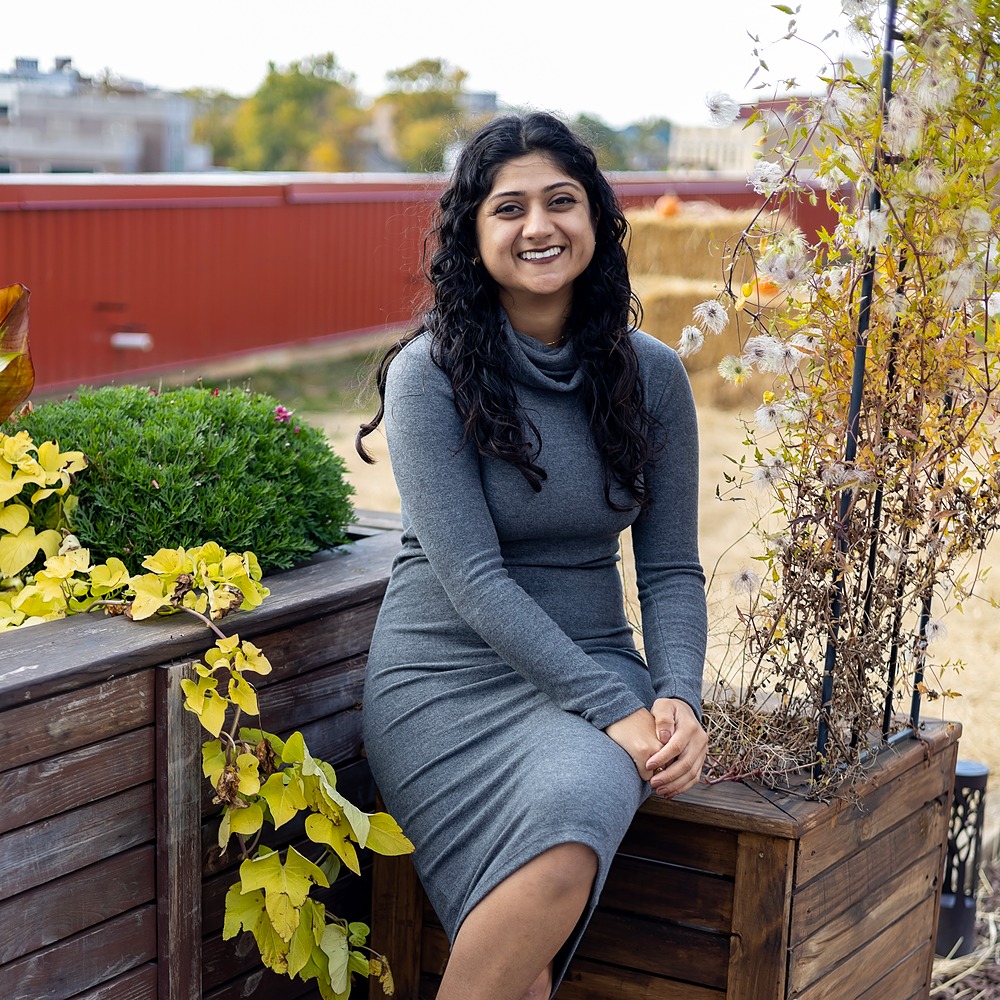
Avni Pravin (she/her) is a climate policy and environmental justice advocate based in Queens, New York. She began her career in environmental work as a conservation and outdoor educator, which sparked her interest in dismantling systems of oppression that enable inequities in access to public amenities like green space. Avni has also worked in community solar, researching barriers to access for low-income households and communities of color, and examining various ownership models to promote wealth and asset building in environmental justice communities. At her current role as the Deputy Director of Alliance for a Green Economy, and as a board member for the Mid-Hudson Energy Transition, Avni now intervenes in regulatory proceedings to advocate for policies that address barriers to access to building energy efficiency and electrification retrofit programs.
Claudia Villar-Leeman
Senior Director of Policy and Regulatory Affairs, New York Battery and Energy Storage Technology Consortium (NY-BEST)
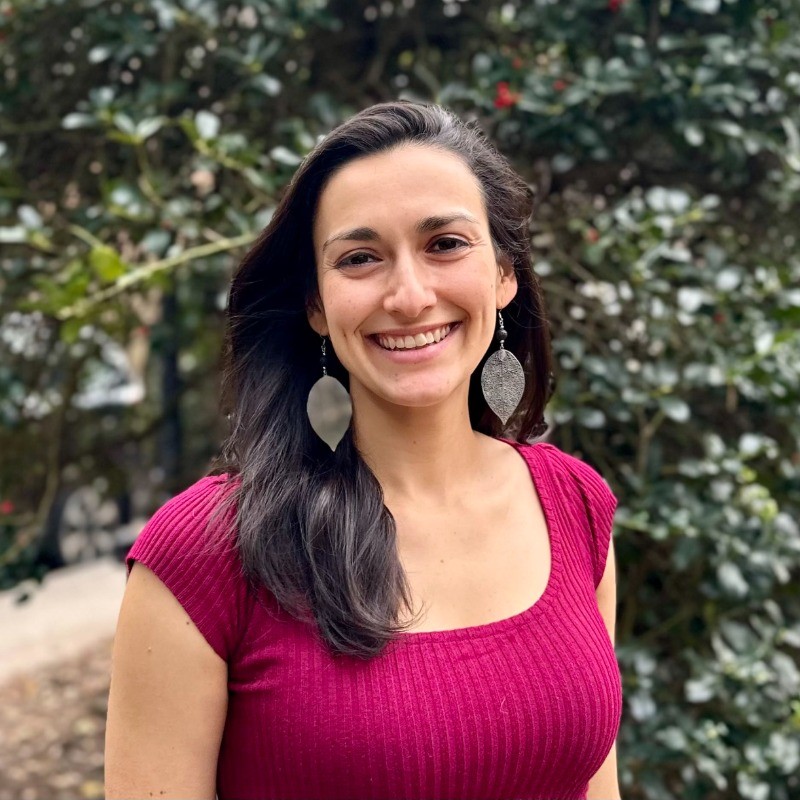
Claudia Villar-Leeman is the Senior Director of Policy and Regulatory Affairs at the New York Battery and Energy Storage Technology Consortium (NY-BEST. A New York City native, she brings a deep knowledge of New York’s energy landscape and a commitment to advancing equitable deployment of energy storage systems (ESS) and other clean energy technologies. Claudia previously served as an Energy Policy Advisor at the NYC Mayor’s Office of Climate and Environmental Justice, where she led the Office’s ESS portfolio, coordinating with a wide range of stakeholders to reform permitting, incentives, and zoning to support ESS deployment. Passionate about fostering an inclusive clean energy industry, she has served as a board member of Young Professionals in Energy (YPE NYC), where she founded and directed a clean energy mentorship and education program for undergraduates. Claudia holds an M.A. in Climate & Society from Columbia University and a B.A. in Biology from Bowdoin College. She loves spending time outdoors and in 2023 backpacked all 2,200 miles of the Appalachian Trail.
Martha Molfetas
Visiting Assistant Professor, Pratt Institute GCPE
Senior Fellow, New America
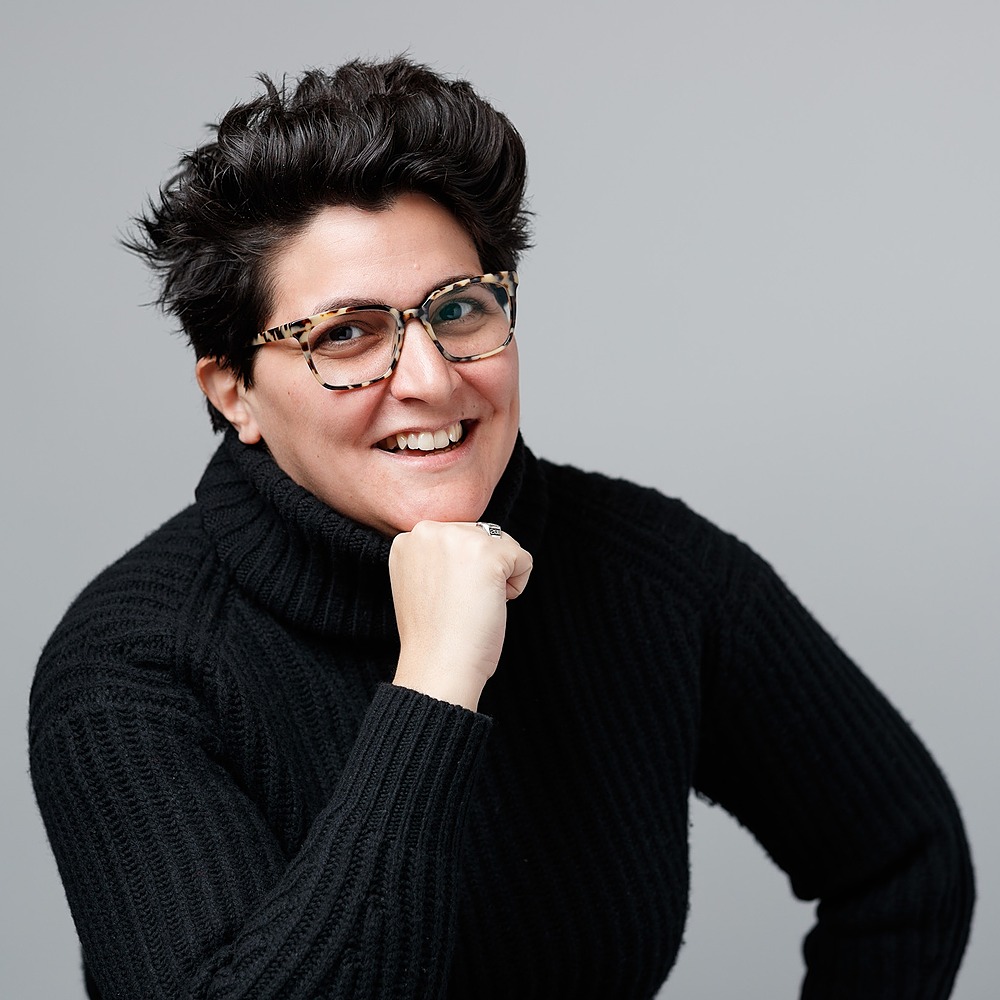
Martha Molfetas is a Senior Fellow, Planetary Politics, at New America - working on just energy transition; and a Visiting Assistant Professor at Pratt Institute’s Graduate Center for Planning and the Environment; where she teaches Environmental Economics. Martha is a senior climate and energy policy consultant, writer, and strategist with over 15-years of experience helping NGOs, think tanks, and businesses unpack climate, environmental justice, resource conflict, sustainable development, and global policy issues. Martha has written commentaries and policy deep-dives on climate, energy, and foreign policy issues for the Global Policy Journal, World Politics Review and others.
You can follow her on Twitter/X.
Summer Sandoval
Visiting Assistant Professor, Pratt Institute GCPE
Environmental Justice Federal Funding Lead, Urban Sustainability Directors Network (USDN)
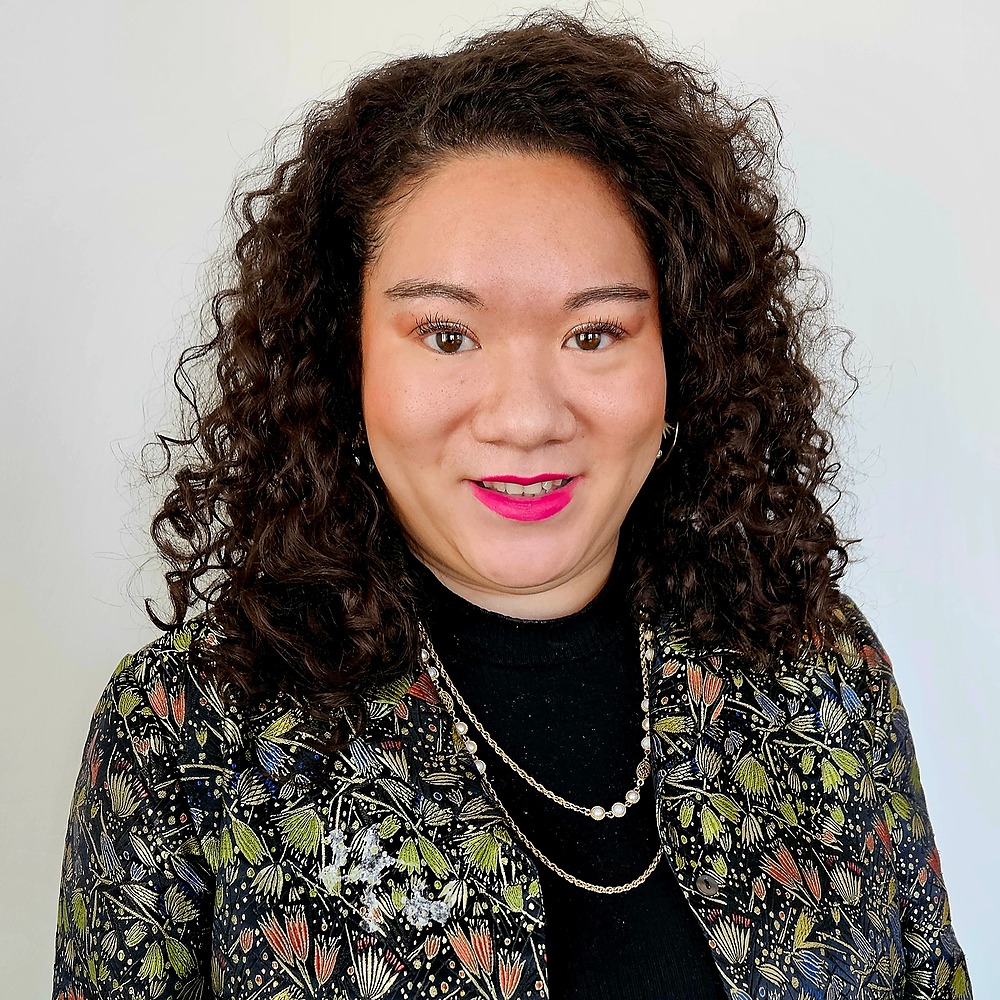
Summer leads USDN’s work on the EPA Environmental Justice Thriving Communities Technical Assistance Center (TCTAC). She supports local governments and communities navigate the maze of federal funding opportunities to win grants and realize their projects to advance equitable climate action. She has experience building alignment with diverse public, private and community stakeholders. She has held roles as the Energy Democracy Coordinator at UPROSE where she worked with diverse partners to pass and implement climate and energy policies such as New York State’s Climate Leadership and Community Protection Act, NYC’s Climate Mobilization Act, and the Federal government’s Justice40 Initiative. Summer has also served in roles with NYC Mayor’s Office of Climate and Environmental Justice as a Policy Advisor, Clean Energy and Equity, and as a Senior Advisor, Environmental Justice and Clean Energy. Summer holds Masters of Science in Sustainable Environmental Systems from the Pratt Institute and a Bachelor’s of Arts in Environmental Science from New York University.
This event is co-sponsored by:
Click on logos to learn more!

The Master of Science in Sustainable Environmental Systems (SES) is one of the nation’s most innovative, interdisciplinary, systems-based sustainability programs. This STEM certified degree program is designed to meet today’s increasing demand for environmental professionals, uniquely combining environmental science, sustainable design, and climate policy. Students learn the interdisciplinary skills and systems-thinking approach needed to assess contemporary environmental issues; catalyze innovative environmental problem-solving; uphold environmental and social justice; and engage diverse stakeholders in designing and developing sustainable communities.

New America’s Planetary Politics initiative is a call to action for reimagining a more inclusive, equitable, and sustainable global order. As our world becomes hotter, wetter, and more complex, the time to build new global institutions attuned to today’s environment—in preparation for tomorrow—is now.
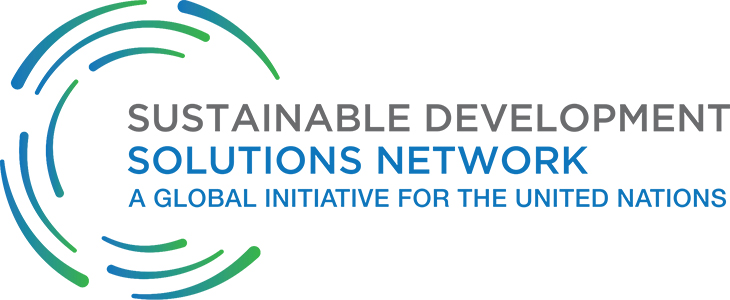
As the world's largest knowledge network for the Sustainable Development Goals (SDGs), the UN Sustainable Development Solutions Network (SDSN) works under the auspices of the UN Secretary-General to mobilize the the world's universities, think tanks, and national laboratories to identify and develop global and local solutions for action on the world's most critical sustainable development challenges.

USDN works to create equitable, resilient, and sustainable communities by advancing the field of local government sustainability and equipping practitioners to be catalysts of transformative change.
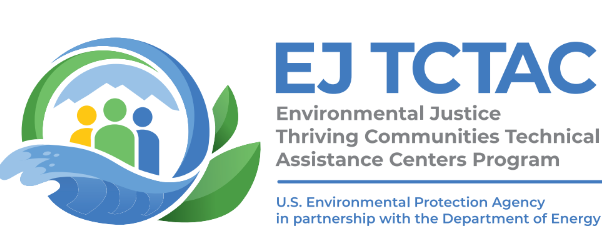
In 2023, the U.S. EPA, in partnership with the U.S. DOE Office of Clean Energy Demonstrations, designated two types of TCTACs: national and regional. Each has an important role to play in the work to support communities working towards environmental justice. Currently, there are 16 hubs with over 144 partners across the United States, with one more hub expected in Fall 2024.
The national TCTACs are the Institute for Sustainable Communities (ISC), National Indian Health Board (NIHB), and the International City/County Management Association (ICMA). National TCTACs use their extensive networks in nonprofits, tribes, and local governments, respectively, to connect environmental justice organizations with even more opportunities. They plan events and trainings, and find and create resources — like this website — that bring environmental justice communities together and elevate their stories.

Faced with climate change, systemic racism, and growing inequity, communities need forward-thinking approaches to urbanism now more than ever. Practice-based and rooted deeply in the network of communities we serve, our alliance of four graduate-level programs works to address these evolving threats, working in partnership to build asset-based solutions at the intersection of environment, equity, culture, and economy.

We see the design, planning, and management of the built environment as tools for addressing the critical issues of our time—from social justice to the climate crisis. As a student at the School of Architecture, you’ll build the skills and knowledge you need to respond to these complex and evolving challenges in a uniquely versatile, innovative, and ethical way. As you do, our goal is to prepare you to lead a life of consequence within each discipline, both today and beyond.
Cover image by Kasturi Salvi & Leonel L. Ponce, with original photograph by: Mark Dixon from Pittsburgh, PA, CC BY 2.0
Tickets for good, not greed Humanitix dedicates 100% of profits from booking fees to charity

